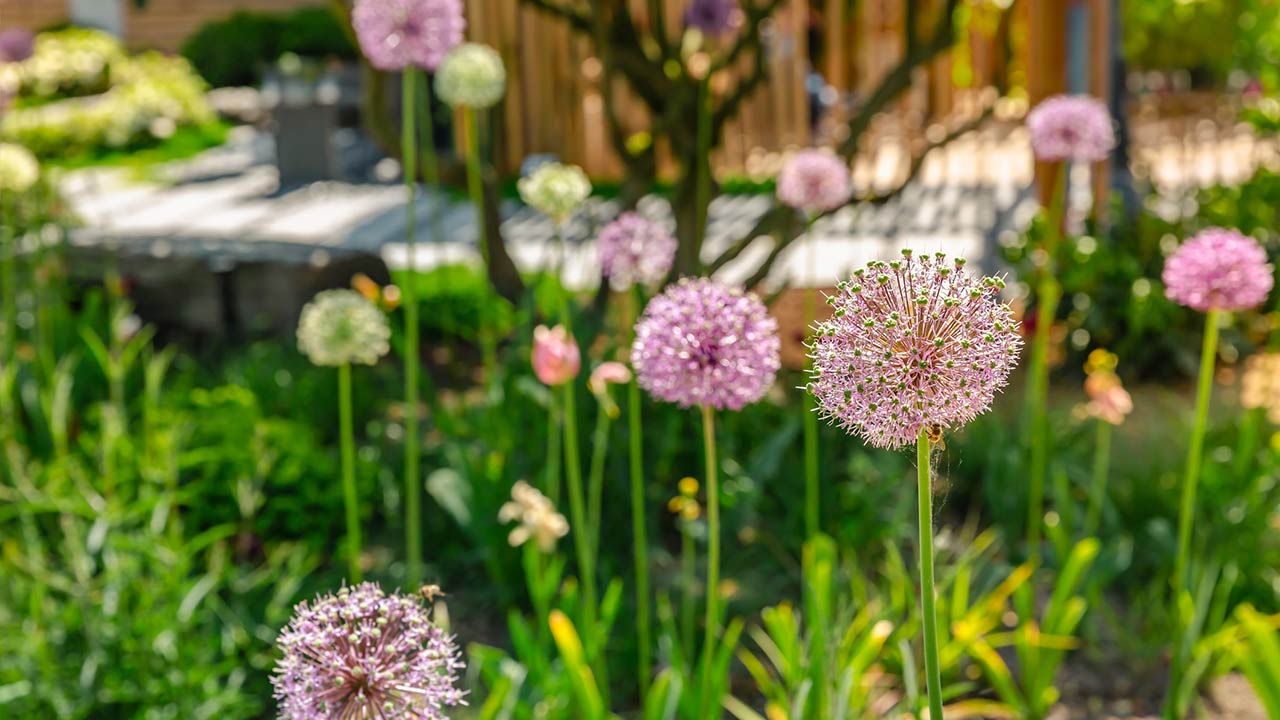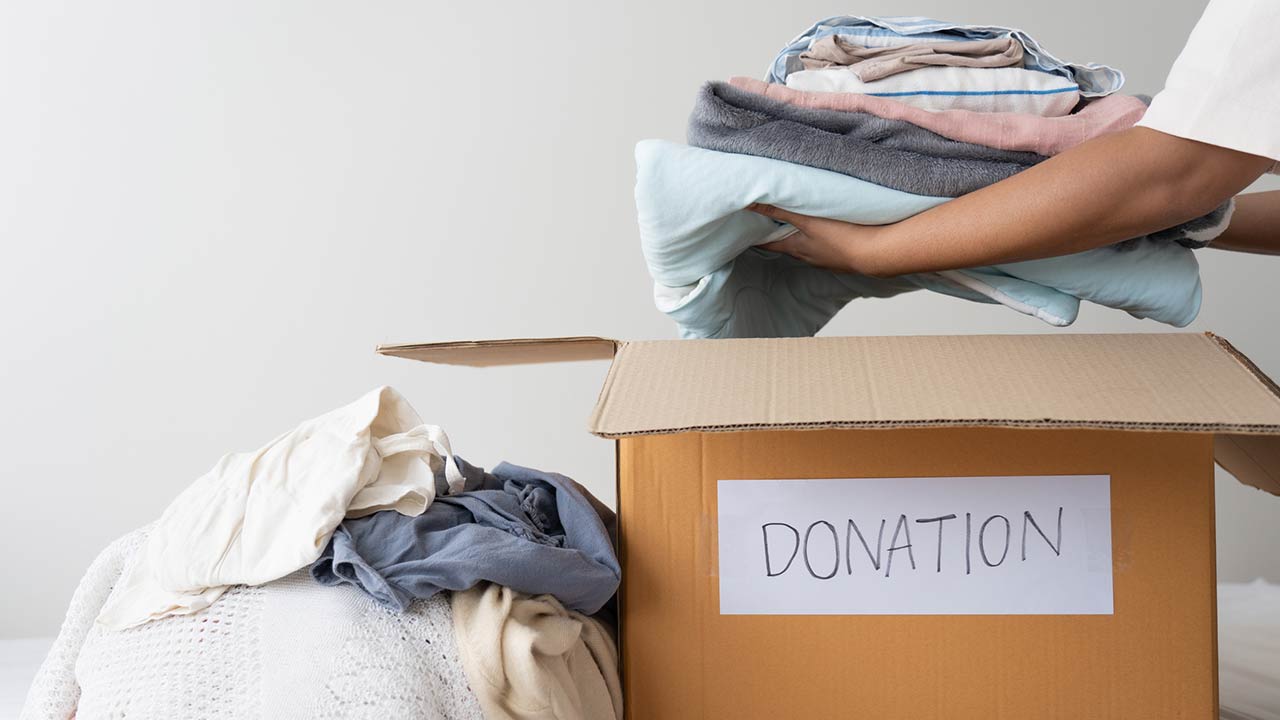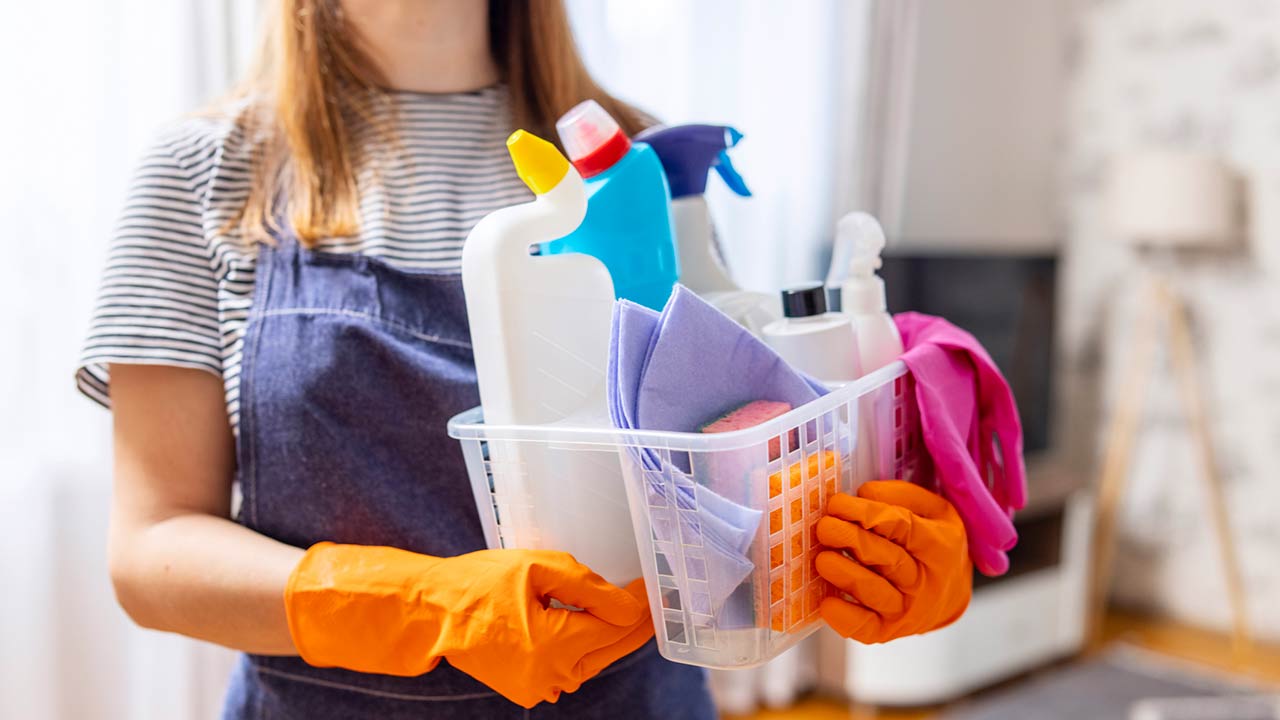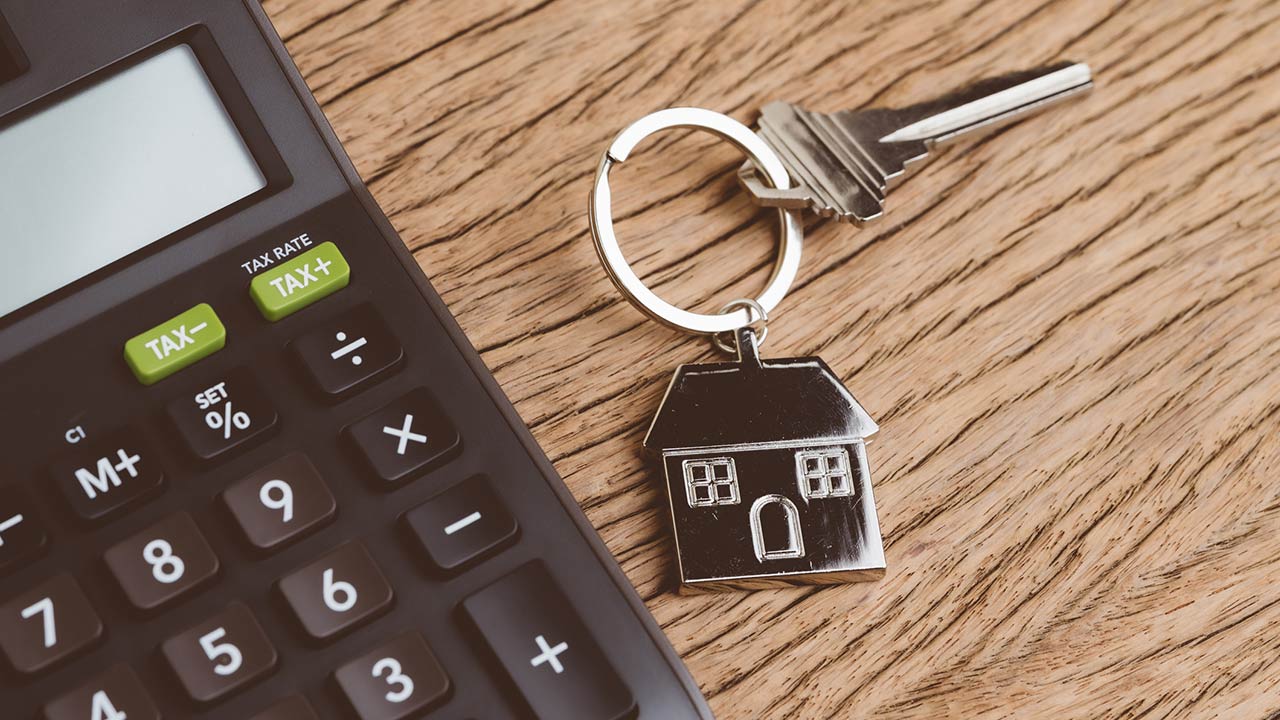Wanna be a Landlord? Consider These 6 Things First
With the rental market booming in many parts of the country, there’s good money to be made as a landlord. There are plenty of real estate investors who make a good living as landlords, so why not you? If you want to get in on the action, there are a few things you need to think about first before you channel you inner Mr. Furley and add the title of “landlord” to your name.

1. Understand the Landlord-Tenant Law in Your State Back and Front
Just about every state in the US has its own specific landlord-tenant stipulations to make sure all happenings are fair and lawful. These provisions include a ton of details, such as how much a landlord can raise the rent year after year, the rights of the landlord to enter the rental premises, and how much notice landlords need to give tenants to vacate the unit, among others.
It’s pretty common for the average landlord to just quickly gloss over these laws, or not bother to read them over at all. If you’re lucky, you’ll land the perfect tenant that pays on time every month, and takes good care of the property. Unfortunately, we don’t live in a perfect world, and there are plenty of little loopholes and traps that can come up in the most unexpected ways. It’s crucial as a landlord that you fully grasp the law in your state regarding the landlord-tenant relationship so you don’t get burned.
2. Be Super Picky About Your Tenants
You’re going to be stuck with your tenant for at least a few months, so make sure you pick the right one. A thorough screening job is an important step, and includes conducting a background and credit check, confirmation of employment, and a phone call or two to previous landlords or other viable references. You want to know that your tenant has been an ideal one in the past. If you find out about any delinquencies on their part, move to the next candidate.

3. Pick an Investment Property That You Live Close to
While this isn’t entirely mandatory, it sure makes things a lot easier when you’re just a few minutes away from your rental property should a problem arise. Being close by makes it a lot easier for you to conduct periodic checks, take care of repairs, or show the property when it comes time to either re-rent or sell the property. If you aren’t nearby, you might want to consider hiring a property management company that will take care of maintaining the property and collecting rent checks for you.
4. Have a Thorough and Customized Lease Drafted Up
A written lease agreement is a no-brainer when becoming a landlord, but you’ve got to make sure that it clearly includes all the stipulations necessary to protect you – and the tenant – under all foreseeable circumstances. While you can get your hands on a generic lease that just requires you to fill in the blanks, you’d be better off having a lease fully customized on your behalf that perfectly fits your situation. Having a lawyer or real estate agent do this for you can save you a lot of headaches in the long run.

5. Check Up on the Property on a Regular Basis
Even though you’re not living in the property, it’s still yours. As such, you want to make sure your tenants are maintaining their end of the bargain by taking care of the unit. The only way to do this is to pop in every two or three months to make sure everything is up to par. Make sure that you clearly specify in your lease that the tenant is responsible for any damage done to the property while they’re living there. You might even want to have photos taken before the tenant moves in to give you a baseline of what the property should look like while the tenant is living there, and if/when they move out.
6. Make Sure You’ll Be Making Money
The whole reason behind being a landlord is so that you can earn a profit. Make sure you do some serious and in-depth number crunching before you buy an investment property and hand the keys over to your tenant. You’re going to need to fork over a lot of money up front first before the rent checks start pouring in. Costs such as a down payment, mortgage, landlord and property insurance, property taxes, and ongoing maintenance fees are all expenses that need to be factored into the equation before you consider becoming a landlord. Make sure that whatever potential rent you’ll be collecting will at least cover all these expenses to make sure you’re not in the hole at the end of the day.

Renting out a property and regularly collecting rent on it sounds like a viable investment plan, and it can be, as long as you’ve done your homework first. As profitable as being a landlord can be, there’s work – and risk – that goes along with it. The more due diligence on your part, the safer – and more profitable – you’ll be.









Leave a Reply
Want to join the discussion?Feel free to contribute!